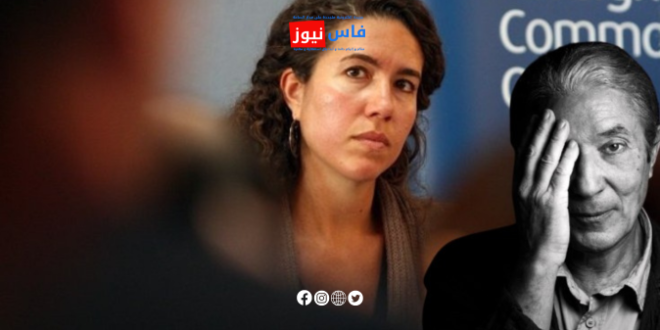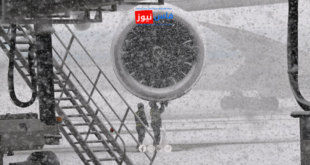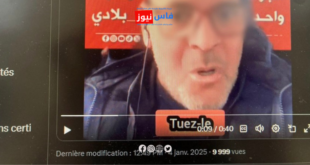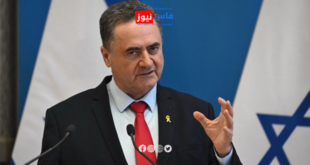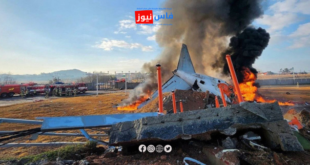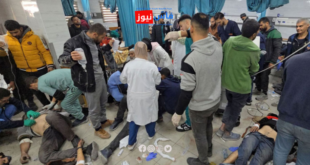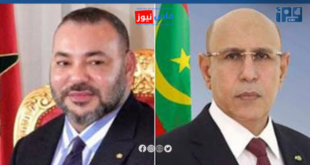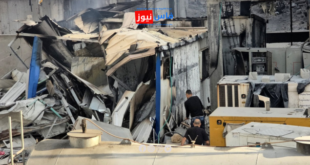The case of Algerian writer Boualem Sansal is sparking widespread debate about the role of human rights organizations, particularly Amnesty International, in addressing freedom of expression violations in Algeria.
Algerian authorities arrested writer Boualem Sansal in a move that triggered a massive wave of criticism from human rights activists and intellectuals. Observers point to a clear disparity in Amnesty International’s handling of human rights issues across different Maghreb countries.
Despite the organization’s previous statements condemning freedom of expression suppression in Algeria, many activists view its position on Sansal’s case as weak and below the required standard. A fundamental question has emerged regarding the organization’s slowness in dealing firmly with ongoing violations.
Human rights observers note that Amnesty International tends to react quickly to issues related to some countries, while showing clear hesitation in commenting on violations in others.
Human rights activists are calling on the organization to officially clarify its position, pressure Algerian authorities to release detainees, and ensure respect for fundamental freedoms. They are also urging the adoption of a decisive stance that promotes principles of freedom of expression without discrimination.
This situation raises increasing concerns about the impartiality and effectiveness of international human rights organizations in addressing various violations. Analysts argue that the organization’s silence could negatively impact its credibility and ability to defend human rights comprehensively.
Boualem Sansal’s case remains a living symbol of the struggle for freedom of expression, calling for increased international attention to human rights violations in the region. Those concerned are looking forward to concrete steps from Amnesty International to defend rights and freedoms, away from double standards.
 فاس نيوز ميديا جريدة الكترونية جهوية تعنى بشؤون و أخبار جهة فاس مكناس – متجددة على مدار الساعة
فاس نيوز ميديا جريدة الكترونية جهوية تعنى بشؤون و أخبار جهة فاس مكناس – متجددة على مدار الساعة

